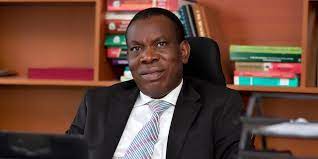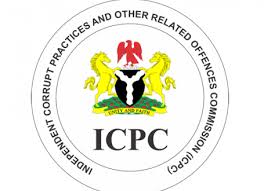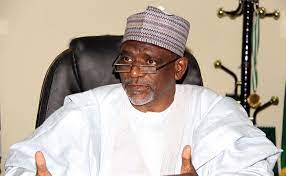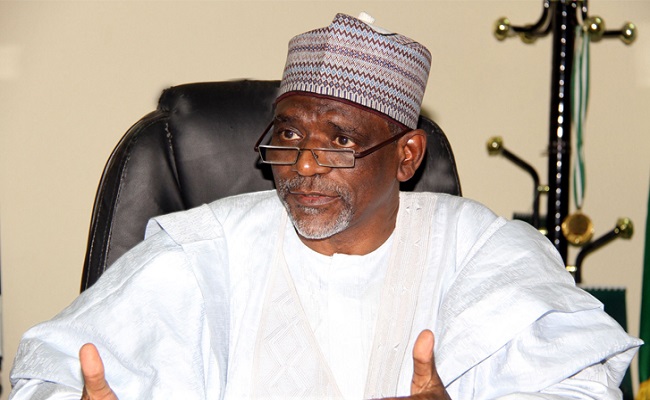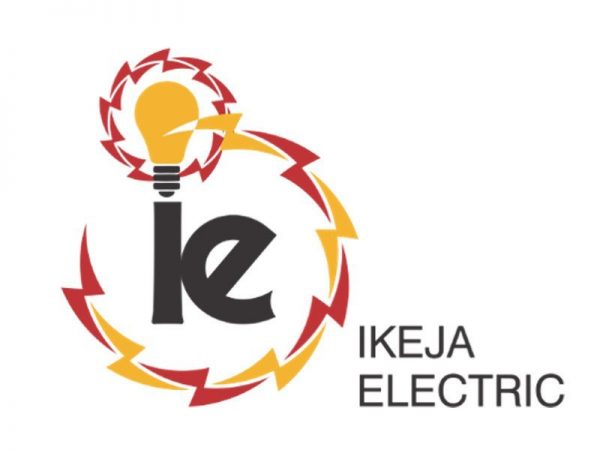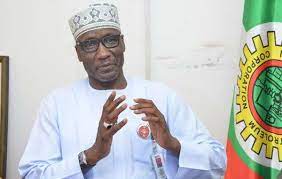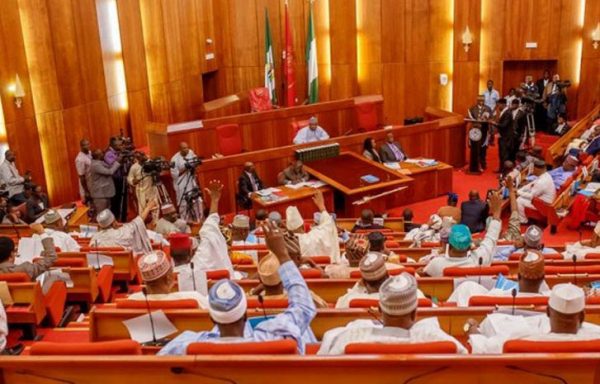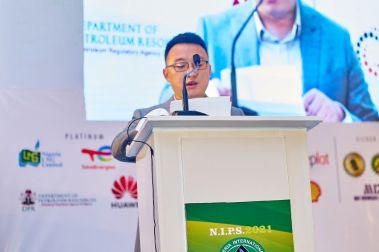How Nigeria’s University Educational System Can Be Revamped Through Innovation And Enterprise Development- Prof. Isaac Ajayi
There’s no doubt that the prosperity and wealth of nations rest largely on innovation and entrepreneurship.
Whilst many universities in western world are leading in this direction, universities in Nigeria still trail behind. In this write up, Prof. Isaac Ajayi, current Vice Chancellor, WellSpring University, Edo State, shares thought on the way forward for the nation’s educational sector.
Prof. Isaac Ajayi who has over thirty years’ experience in academia, as a teacher, researcher and administrator, says he has visited and worked in several world-class and top-rated universities in the USA and across Europe. He notes that his trips exposed him to the many innovative works going on in these institutions.
He explained that when juxtaposed with the situation in Nigeria, it’s evident that the unfortunate state of our higher education, especially with regard to the dearth of commercial research, puts the country far from digital age.
“To the glory of God, I am a strong advocate of innovation in universities. I have been involved in innovation especially in foreign universities, and have taken part in some collaborative researches in Italy and Germany. I am still actively involved in collaborative works with some of them. As Vice Chancellor, I am highly committed to the vision of Wellspring University in the direction of university innovation and entrepreneurship.”
Explaining what innovation is all about, Ajayi said innovation is responsible for prosperity and wealth of nations and the transformation of nations from underdeveloped to developed and advanced nations.
“In a rapidly changing world, which has become knowledge driven, the global economic landscape has become increasingly more competitive.Only nations that are committed to imbibing entrepreneurial spirit through innovative ideas will remain relevant in the current global economy.”
From the industrial revolution of the 1800s to today’s digital revolution, innovation has been the driving force of economic growth and development. The evidence from developed economies shows that universities are the engine room of national development as they drive innovation, supply quality human capital, influence democratic development etc.”
On how he perceives our educational Sector, the innovative advocate says the general state of education in Nigeria today is a source of worry to all well-meaning Nigerians as the sector has degenerated from the point of providing the solution to being part of the problem.
He notes that until the University system prioritizes skills development to equip Nigerians with the right competencies for employability through investments in key programmes, particularly in the areas of Science, Technology, Engineering and Mathematics (STEM) and Technology, Vocational Education and Training (TVET), the nation will not witness the desired development. He also mentioned the need for digital literacy proficiency to drive innovation competitiveness and unlock the growth potential of various sectors.
Measuring the impact of tertiary education on national development, Prof. Ajayi explained that the high rate of graduate unemployment in the face of growth in higher education sector is seen by many as indicative of the failure of the sector to fulfill it’s mandate.
“The failure of this sector to make positive impact on national development is linked to such factors as funding challenges, lack of infrastructuceres and brain drain.”
The Vice Chancellor further added that the sector is also blamed for placing more emphasis on paper qualification as opposed to employability skills, innovation and creativity as well as lack of innovativeness evident in sheer dearth of scientific and technological advancement. He said it is hoped that the newly approved Nigeria’s Medium Term National Development Plan 2021-2025 will address these challenges as envisioned.
On why WellSpring University is being repositioned. The Vice Chancellor explained that the institution in its 12th year is being positioned to compete globally and it’s in this regard, that the institution is focusing on three major pillars to achieve this objective.
They include; academic knowledge, skills development and research.
“Our university is focused with producing human capital for industries and as such the academic knowledge disseminated is relevant to contemporary changes in the future in that field. To achieve this we are addressing two key areas, that is, the Curriculum and the quality of individuals delivering the curriculum.”
On skills development, the VC noted that the rapid advancement in technology has brought changes to the world of work and this calls for a new set of competencies in addition to academic knowledge.
He stated that the institution is working assiduously to close the global skills gap through the creation of her Innovation Laboratory and the Centre for Entrepreneurship.
“The objective of the WellSpring University Innovation Lab is to foster technology transfer, learning and research. The faculty members here are a blend of industry experts and academia.” He noted.
He further said that the innovation hub hopes to establish deep relationships with various industries in the private sector with a blend of hybrid which will allow the lab to have rich pool of faculty members from around the world.


